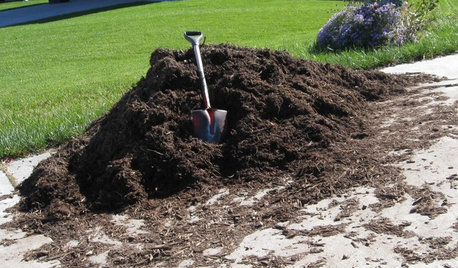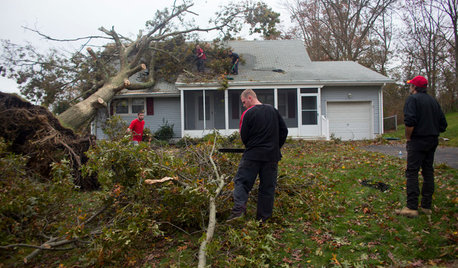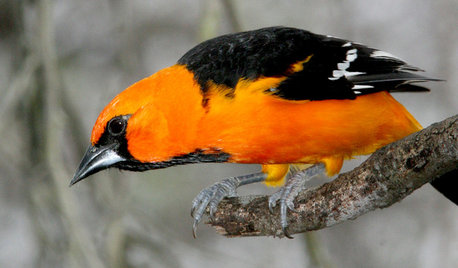After one season of organic program
abileneblues
16 years ago
Related Stories

FRONT YARD IDEASBefore and After: Front Lawn to Prairie Garden
How they did it: Homeowners create a plan, stick to it and keep the neighbors (and wildlife) in mind
Full Story
MOST POPULARWhat to Do After a Hurricane or Flood
How you treat your home after a natural disaster can make all the difference in its future livability — and your own personal safety
Full Story
HOLIDAYS10 Ways Your Christmas Tree Can Live On After the Holidays
Learn how to recycle your Christmas tree and reap benefits for the environment
Full Story
LIFEReady Your Home for Fall to Savor the Season More
Settle into the pleasures of autumn with a home that's prepped, organized and full of seasonal delights
Full Story
MOVINGThe All-in-One-Place Guide to Selling Your Home and Moving
Stay organized with this advice on what to do when you change homes
Full Story
GARDENING GUIDESBackyard Birds: Orioles Return After Spending Winter in the Tropics
These colorful songbirds prefer woodlands and forest edges, but they’ll visit yards with fruit-producing trees and shrubs
Full Story
GREEN BUILDINGWhat's LEED All About, Anyway?
If you're looking for a sustainable, energy-efficient home, look into LEED certification. Learn about the program and its rating system here
Full Story
MOST POPULAR9 Real Ways You Can Help After a House Fire
Suggestions from someone who lost her home to fire — and experienced the staggering generosity of community
Full Story
LIFESimple Pleasures: Dinner for One
Make a solo meal a luxurious experience by savoring the moment along with whatever you cook
Full Story
KITCHEN DESIGNKitchen Recipes: Secret Ingredients of 5 One-of-a-Kind Cooking Spaces
Learn what went into these cooks’ kitchens — and what comes out of them
Full Story

billhill
dchall_san_antonio
Related Professionals
Hyattsville Landscape Architects & Landscape Designers · La Marque Landscape Architects & Landscape Designers · Parole Landscape Architects & Landscape Designers · Surprise Landscape Contractors · Arlington Landscape Contractors · Edmond Landscape Contractors · Barrington Landscape Contractors · Brookfield Landscape Contractors · Rochester Landscape Contractors · Springfield Driveway Installation & Maintenance · Citrus Heights Swimming Pool Builders · American Fork Fence Contractors · Bellmawr Fence Contractors · Brea Fence Contractors · Paramount Fence Contractorsmorpheuspa (6B/7A, E. PA)
katdog_turf
dchall_san_antonio
deerslayer
katdog_turf
rutgers1
morpheuspa (6B/7A, E. PA)
rcnaylor
gardenfanatic2003
abilenebluesOriginal Author
abilenebluesOriginal Author
sandyzz
abilenebluesOriginal Author